Explainer: How interim regulations betray FATA reforms
Rights sought through merger being undercut by FCR replacement law

A soldier stands guard outside the Kitton outpost on the border with Afghanistan in North Waziristan, Pakistan, on October 18, 2017. PHOTO: REUTERS
An approved copy of the regulations, available with The Express Tribune, divulged glaring inconsistencies in regulations proposed by a committee chaired by Sartaj Aziz. The system would be in effect until Fata merges with Khyber-Pakhtunkhwa. While it repeals the Frontier Crimes Regulations (FCR), it grants unnerving discretion to the authorities in dispensing justice.
FATA merger: K-P drags its feet on getting president’s nod
The interim law, exercised in addition to the temporary structure assumed by provincial and federal authorities, extends the jurisdiction of the Supreme Court and high court, provisions of the Code of Criminal Procedure, 1898 pertaining to security and the provision of bonds, and enforces 119 laws in the tribal areas.
Once the President approves the Fata merger bill, the K-P government will have the power to abolish the interim law whenever it wants. Until then, the agencies will have to deal with more of the same.
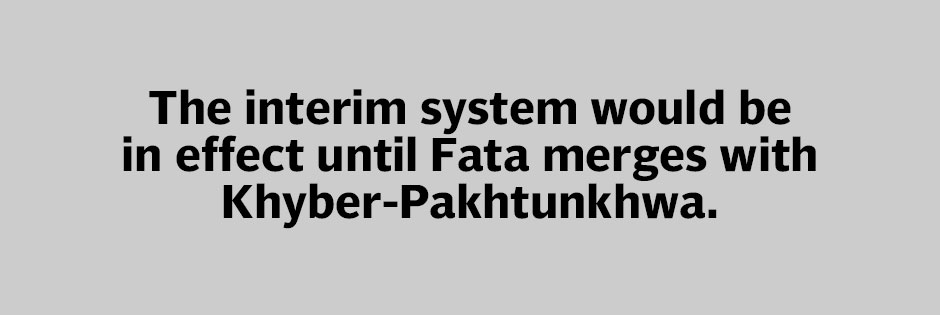
New titles, stagnant reach
The seven agencies, Bajaur, Khyber, Kurram, Mohmand, Orakzai, and North and South Waziristan, will be retitled as ‘tribal districts’, while existing tehsils and Frontier Regions (FR) will be considered to be sub-divisions. Political agents (PA) will be redesignated as deputy commissioners, while additional and assistant political agents will be turned into additional and assistant commissioner officers. Assistant commissioners will also have the powers of a magistrate. The Fata Secretariat has been given the powers to redesignate other posts.
Activists, tribal leaders hail army’s role in FATA merger
Policing
The bill allows deputy and assistant commissioners to play judge, jury and executioner by authorising them as district and first class magistrates, respectively. Commissioners can transfer cases to a council of elders, appointed by a DC and presided over by an AC , who in turn would be considered as a judge by the governor, upon the request of one or both parties. Civil disputes that threaten peace can be assigned to the council of elders or a ‘qaumi jirga’ so as to reach resolutions in accordance with tribal customs. In criminal references, the same shall pass orders in accordance with the findings of the majority of the council of elders.
Where the system allows parties to voice apprehension in the selection of the council, it also grants the DC the power to dismiss those reservations. Decrees penned by DC or the appellate authority shall be considered “final settlement”, carrying the same weight as a civil court verdict, but no civil or criminal court shall have the jurisdiction to question the legality of the decision.
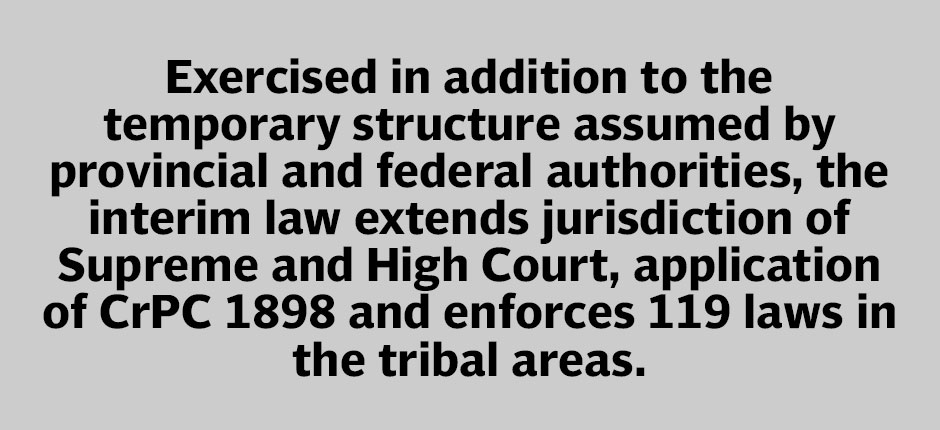
FATA youth lauds COAS role over merger
Inconsistency: an error in sentencing
The interim system provides some relief to offenders by limiting the conditions of a life sentence to 14 years of rigorous imprisonment.
Arrests without warrants are legalised in situations where there is a reason to ‘believe’ the suspect has committed or attempted to commit a crime under Section 496(a) of the Pakistan Penal Code (PPC). Similarly, a person found carrying arms in a manner deemed ‘suspicious’ or with intent to using it unlawfully or evading arrest shall be liable to be fined and arrested, with the ammunition being confiscated.
Aftermath: Mohmand tribe opposes Fata, K-P merger
The law outlines executing of sureties or bonds for a person likely to commit a wrongful act that ‘may’ disrupt peace. A person who fails to submit sureties is liable to be detained until the amount is paid or the period outlined in the surety expires.
The assertion that a person cannot be prosecuted or punished for the same offence more than once is contradicted by the allowance for a DC to start fresh proceedings against a person who has finished prison term for failure to submit security, but is deemed a ‘habitual’ or ‘hardened’ criminal.
Merger with K-P: Internet access to FATA people urged
The regulations grant DCs full authority for the forfeiture of assets of those ‘believed’ to have colluded or committed serious offences – defined as crimes punishable with imprisonment for more three years. Any property suspected to be in use for criminal acts or harbouring offenders can be sealed, disposed or transferred to the Government of Pakistan if the owner or the tribe fails to organise the surrender of the suspects.
The DC has also been given the authority to issue show-cause notices to complainants if accusations are found to be of malicious intent or otherwise falsified. The appellant may be liable to pay fines as compensation to the victim.
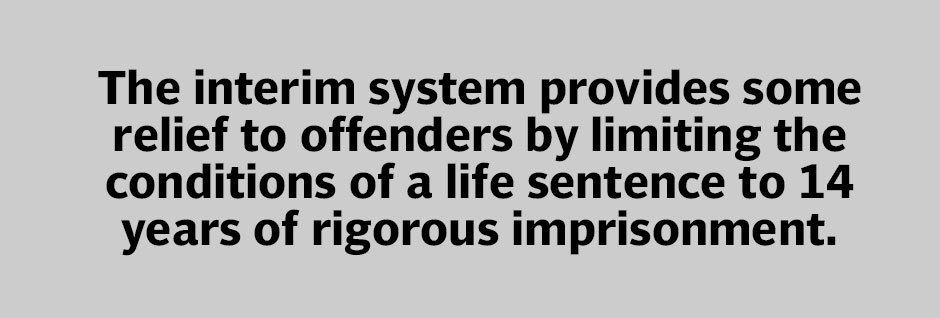
A way out
The DC has the authority to pardon accomplices directly or indirectly involved in all crimes short of murder, as long as the accomplices agree to become prosecution witnesses.
Fata: Implementation of educational reforms to enhance literacy rate
The decision to release an accused arrested for a non-bailable crime is a prerogative granted to the DC. The regulation states that if a DC finds no reasonable ground to believe that the offence is non-bailable, the accused can be released on bail with or without sureties for appearance. However, the suspect can be rearrested on the directions of the Fata Tribunal or the appellate authority.
A review of the verdict passed by the DC or judge can be challenged in a high court within 30 days.
Combatting rebellion
The interim set-up calls for restricting access of those suspected of conveying ‘hostility’ towards the state. The DC can order arrests and seal the property of an entire tribe, or sections of it, for indulging in ‘anti-state’ activities.
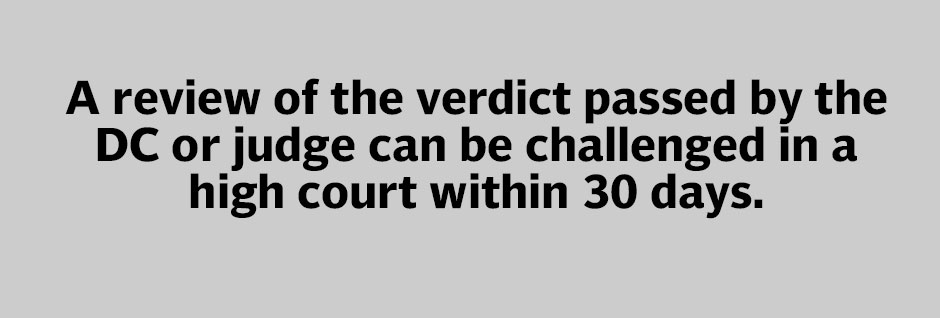

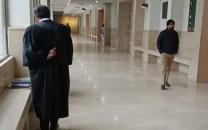
















COMMENTS
Comments are moderated and generally will be posted if they are on-topic and not abusive.
For more information, please see our Comments FAQ